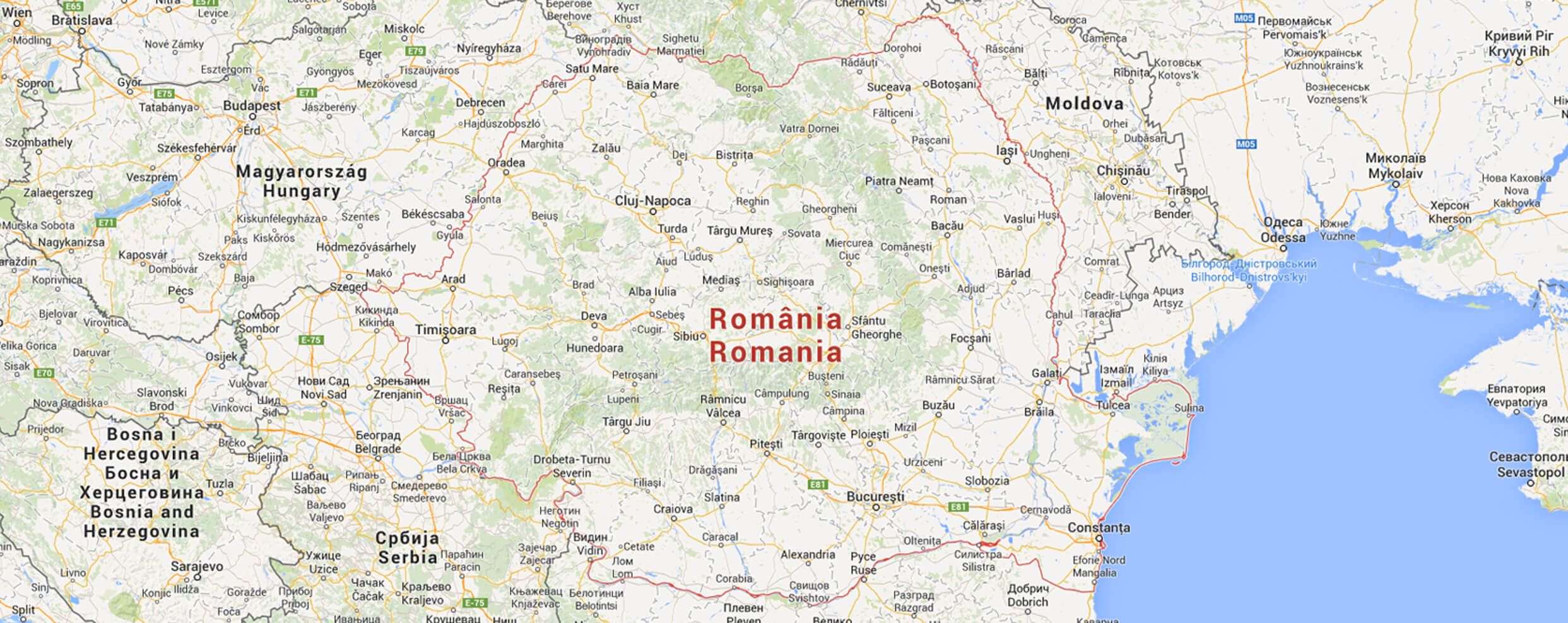Romania
Since January 1st, 2007, Romania has been a member of the European Union. Incomes and some social services such as family benefits have improved, but at the same time the cost of living has also increased markedly. For example, two-thirds of groceries cost more than the EU average, and rents are at a similarly high levels as in Germany.
With a national minimum wage of EUR 205, survival is difficult for many. The way out for many Romanians is economic migration. According to official World Bank statistics, 2.77 million Romanians left the country in 2010. Many of them leave their children behind, and they are often left on their own.
Young parents from impoverished circumstances obtain little state support for raising and caring for their children. Often, mothers with unwanted pregnancies leave their babies behind in the hospital immediately after giving birth, because they are not in a position to raise them. In 1997, one million children were living in state-owned care homes. Romania is the has the highest infant mortality rate in the EU.
Many children suffer so much that they would rather live on the streets than in an orphanage or a family dominated by violence and alcohol abuse. Their everyday lives on the streets are determined by begging, criminal activities, and drugs. Some street children become victims of traffickers and are smuggled to western or eastern Europe. Orphaned children are often ignored and discriminated against by the rest of the population. The word “street children” in colloquial language is as pejorative as “rats” or “scum”.
The Foundation wants to win the trust of the street children and give them homes with loving families, enabling them to grow up in a safe environment where they can enjoy a proper childhood, looking forward to a future life worth living.
Foundation
Contact details
-
Stiftung DIE BRÜCKE ZUM LEBEN
Werner-von-Siemens-Straße 13
D-32369 RahdenTel.: +49 (0)5771 - 7090
This email address is being protected from spambots. You need JavaScript enabled to view it.

